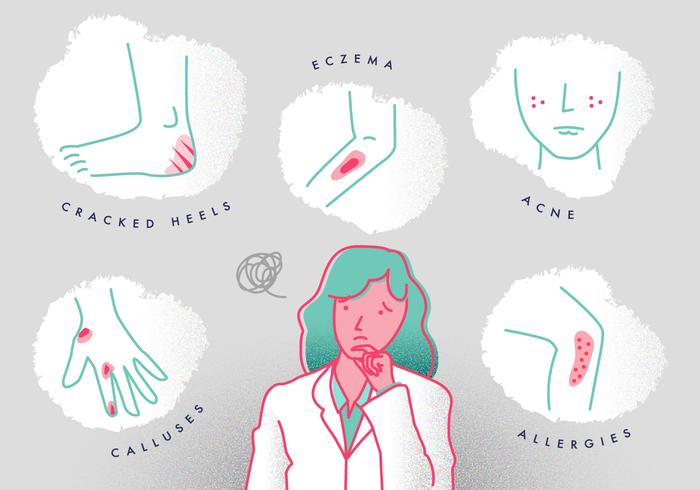Contrasting Prescription And OTC Acne Treatments: Which Is Better?
Contrasting Prescription And OTC Acne Treatments: Which Is Better?
Blog Article
Content Create By-Adler Peters
Did you understand that virtually 85% of individuals experience acne at some time in their lives? When you're faced with this common skin problem, determining between prescription and non-prescription (OTC) treatments can be tricky. Each alternative has its very own set of advantages and disadvantages, which can significantly affect your skin's wellness. So, how do you identify which treatment lines up ideal with your requirements? Comprehending the crucial differences and what they imply for your distinct situation might simply hold the response.
Secret Differences In Between Treatments
When it concerns acne therapies, understanding the key differences can make a substantial influence on your skin's health.
You'll locate two primary classifications: over-the-counter (OTC) and prescription therapies. OTC choices, such as benzoyl peroxide and salicylic acid, are easily available and often tend to be less intensive. They typically work by unclogging pores and lowering inflammation, making them suitable for light to moderate acne.
On the other hand, prescription treatments usually contain more powerful active ingredients, like retinoids or anti-biotics, and are customized for much more serious cases. These therapies often call for a skin doctor's advice, enabling them to target details skin worries successfully.
The toughness and formula of prescription alternatives can cause quicker outcomes but might additionally come with a higher risk of side effects.
You should additionally consider your skin kind and any type of sensitivities when choosing a treatment. For instance, if you have delicate skin, OTC therapies may be a gentler starting factor.
Inevitably, understanding these distinctions helps you make informed options about your acne treatment journey and leads you toward clearer skin.
Benefits and drawbacks of Prescription Options
Prescription choices for acne treatment come with both advantages and negative aspects that you ought to evaluate carefully.
One major pro is their strength. Prescription medicines frequently have higher concentrations of active ingredients, which can cause faster and more efficient outcomes contrasted to over the counter (OTC) products. You could likewise locate that prescriptions are customized to your details skin kind and acne seriousness, supplying a much more tailored method.
On the other hand, these treatments can include considerable disadvantages. For one, they might have negative effects ranging from moderate inflammation to extra severe complications, which you need to keep an eye on carefully.
Furthermore, prescription treatments can be much more expensive, especially if your insurance policy doesn't cover them. You could also deal with difficulties in getting a prescription, as it needs a browse through to a doctor, which can be taxing and troublesome.
Benefits of OTC Therapies
OTC treatments frequently use a hassle-free and accessible remedy for handling acne. You can quickly discover these products in pharmacies, food store, or online, making them readily offered without a prescription. This accessibility implies you can begin your acne therapy whenever you need to, without waiting for a medical professional's appointment.
how often should you do microneedling of OTC treatments is their price. Lots of non-prescription alternatives are affordable, permitting you to discover different formulations without breaking the financial institution. You can attempt different products to see what works best for your skin type.
OTC treatments also can be found in a selection of solutions, including gels, lotions, and washes. https://cleftlipandpalatesurgery42086.kylieblog.com/32722978/sign-up-with-the-journey-to-clearer-skin-with-reliable-acne-therapies-that-really-make-a-distinction allows you to choose an item that fits your way of living and choices. Numerous include active components like benzoyl peroxide or salicylic acid, which work in treating acne.
Lastly, you have the freedom to readjust your regimen based on your skin's feedback. If one product isn't working, you can quickly change to an additional without an extensive assessment procedure. This adaptability empowers you to take control of your acne monitoring trip.
Conclusion
Ultimately, selecting between prescription and OTC acne treatments actually comes down to your one-of-a-kind skin needs and situations. While prescriptions may seem like the golden ticket for swift outcomes, OTC options use a more available course, letting you take control of your skincare trip. Welcome the flexibility of OTC items or take into consideration the tailored strategy of prescriptions-- either way, you're taking a positive action towards more clear skin and increasing your confidence in the process.
